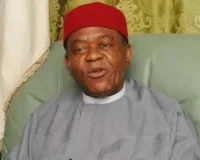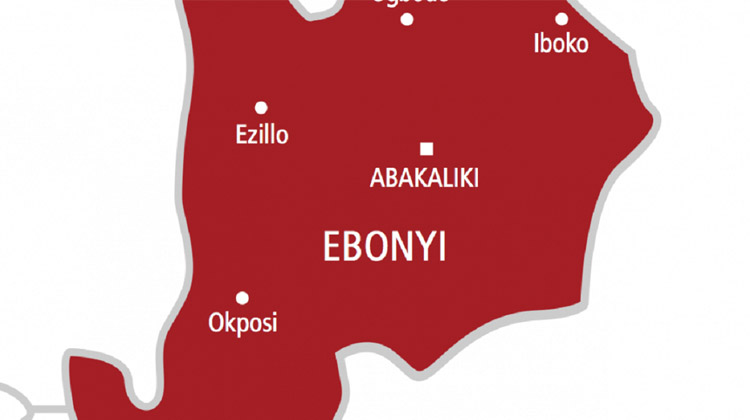Abubakar Malami, attorney-general of the federation (AGF), has explained how the federal government settled its long-standing contractual dispute with Global Steel Holdings Limited.
Global Steel Holdings Limited, with headquarters in the United Arab Emirates (UAE), acquired Nigeria’s steel industry via five major concessions and share purchase contracts in 2004 during the Olusegun Obasanjo administration.
However, the contracts were revoked in 2008 after the federal government accused the firm of asset stripping.
In 2013, Smart Adeyemi, a lawmaker from Kogi state, had said the Goodluck Jonathan administration — which was in power at the time — recovered the Ajaokuta steel mill “without any attendant financial obligation whatsoever”.
Years later, after the Muhammadu Buhari administration took over, in 2016, the federal government approved the execution of the modified concession agreement with Global Steel, which allowed the foreign firm to retain the Nigerian Iron Ore Mining Company (NIOMCO) in Itakpe.
Three years later, the Buhari administration was said to have backed out of the agreement, leading to a legal battle involving both parties.
In a statement on Sunday by Umar Gwandu, his spokesman, Malami said a claim running into billions of dollars was threatened in arbitration before the International Chamber of Commerce, International Court of Arbitration, Paris, over the five contracts,.
He added that the federal government was able to get a 91 percent reduction of the mediation claim — from “$5.258 billion to $496 million”.
“The mediation proceedings was under the International Chamber of Commerce’s (ICC) Alternative Dispute Resolution (ADR) framework led by Mr Phillip Howell-Richardson,” the statement reads.
“The settlement agreement came into effect on 19 August 2022.
“Nigeria succeeded in reducing the claim in mediation brought by the international firm of King and Spalding, legal representatives of the Global group, by 91%.
“A claim for over $10 billion was threatened in arbitration before the International Chamber of Commerce, International Court of Arbitration, Paris, in respect of five major contracts of 2004-2007 – covering steel, iron ore, and rail.”
Providing details of the dispute, the minister of justice said the five contracts entered into by the Obasanjo administration gave complete dominance over the Nigerian steel space to Global Steel.
He, however, said the termination of the contracts in 2008 was contrary to legal advice supplied by the federal ministry of justice, which cited the termination cost in the form of damages.
Malami said had the previous administration not terminated the Ajaokuta share purchase agreement on April 1, 2008, and waited for 55 days, it would have terminated lawfully and the government would have collected more than $26 million from Global SSte.
He said this was because the firm appeared unable to pay the first tranche for the Ajaokuta shares before the first anniversary of the agreement — May 25, 2008.
According to him, the failure of the foreign firm to pay would have given Nigeria a right to over $26 million as liquidated damages, under clause 12 of the Ajaokuta share purchase agreement.
Global Steel, in consequence, took the federal government to the International Chamber of Commerce, International Court of Arbitration, Paris, commencing arbitration in 2008.
Malami said in May 2020, Global Steel threatened a resumption of the arbitration and announced an anticipated claim in damages of “over $10-$14 billion” against Nigeria in respect of the affected five contracts.
He said the present administration took decisive steps to “resist” the claim, rather than pass it on to a future administration.
With this development, Malami said President Muhammadu Buhari has “rescued” the steel industry from interminable and complex disputes as well as saved the taxpayer from “humongous” damages.
The minister also said one of the lessons to be learnt included that future arrangements — sale or concessions — must be carried out in national interest and in compliance with the law.
“The FGN engaged PwC Nigeria to do a comprehensive review to ensure taxpayers are protected,” the statement adds.
“Also, Dr Tunde Ogowewo, a barrister (and senior academic at King’s College London), represented the FGN and advised the government throughout the process.”







